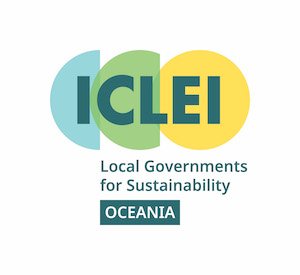New report: Resilient Cities, Thriving Cities
ICLEI’s milestone report, Resilient Cities, Thriving Cities: The Evolution of Urban Resilience tracks ten years of resilience evolution through the lens of the Resilient Cities Congress.
Since 2009, the Congress has influenced and steered the global resilience debate, facilitating the exchange of knowledge, good practices, challenges, and innovations in the field. It also served as an annual meeting point to track local progress on the resilience targets of Sustainable Development Goal 11 (Sustainable Cities and Communities). Thanks to the continuity of this work, resilience has transitioned to a mainstream policy approach at all levels.
While climate change adaptation is increasingly becoming a key priority, local governments must continue to deal with non-climate related issues, such as earthquakes, economic crisis, and socio-political conflicts. That is why they urgently need to integrate climate change adaptation and socio-economic considerations into an overarching resilience strategy.
In delivering this report the Secretary General of ICLEI, Gino Van Begin said
“Our goal is that ‘Resilient cities, thriving cities’ serves as an easily-accessible and useful reference for political leaders, practitioners, experts and civil society, and can serve as inspiration for the next decade of resilience.”
Key Report Outcomes
Local resilience has to be mainstreamed and aligned to other sustainability agendas to ensure an integrated approach to sustainable development and well-being.
Greater public commitment to resilience is required, and city networks can support local governments by facilitating knowledge exchange and financial opportunities.
While local governments should be enabled to effectively access national and international funds dedicated to urban resilience, vulnerable communities should be informed about financial tools that could improve their risk preparedness.
Communities and individuals need to be informed about the benefits of resilience approaches, as well as being engaged in (possibly) all stages of resilience building so they can feel a sense of ownership on each project.
Improved multi-level and multi-stakeholder collaboration is needed to build coherent and knowledge-based policies and actions, as well as to bring on the table different perspectives, needs and solutions.
Read the full report here.
For more information on the Resilient Cities Congress click here..
Written by Zoe Goodman
